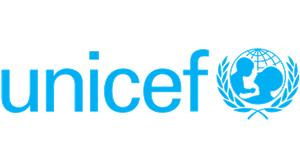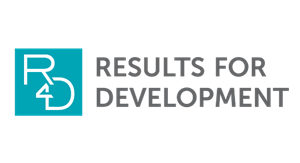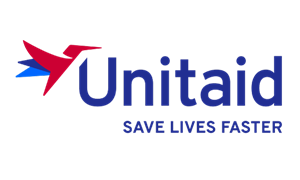About the Anaemia Action Alliance
Anaemia has primarily been addressed through the nutrition lens, which is critical but not sufficient alone; rather, all causes must be addressed to effectively prevent and treat anaemia. Progress nor impact can be expected in the absence of addressing other contributing factors, such as infections and abnormal uterine bleeding. Effective coverage of a package of interventions to address anaemia at key moments in the life course is foundational for improving health and well-being, and for preventing the irreversible consequences of anaemia.
The Anaemia Action Alliance was established in 2023 to foster accelerated and coordinated anaemia reduction efforts.
Collaborating for anaemia reduction
We collaborate globally to support countries in implementing multisectoral plans, raise awareness about anaemia's impact, and ensure recognition of its diverse causes and risk factors.
As is a multistakeholder initiative hosted by the World Health Organization, in close collaboration with UNICEF, the Alliance brings together relevant stakeholders across disciplines, sectors, and geographies who are committed to improving the health of populations to achieve a collective vision:

Our Vision
A world where all women, adolescent girls, and children are empowered and enabled to benefit from appropriate and timely actions for the prevention, diagnosis and management of anaemia.
Structure
The Alliance is a network for stakeholders committed to supporting Member States in reducing anaemia.
The structure of the Alliance reflects varying modes and levels of engagement. It is designed to facilitate coordination of activities, to ensure activities align with the Alliance’s overall mission and objectives, while avoiding risks including any conflict of interest.
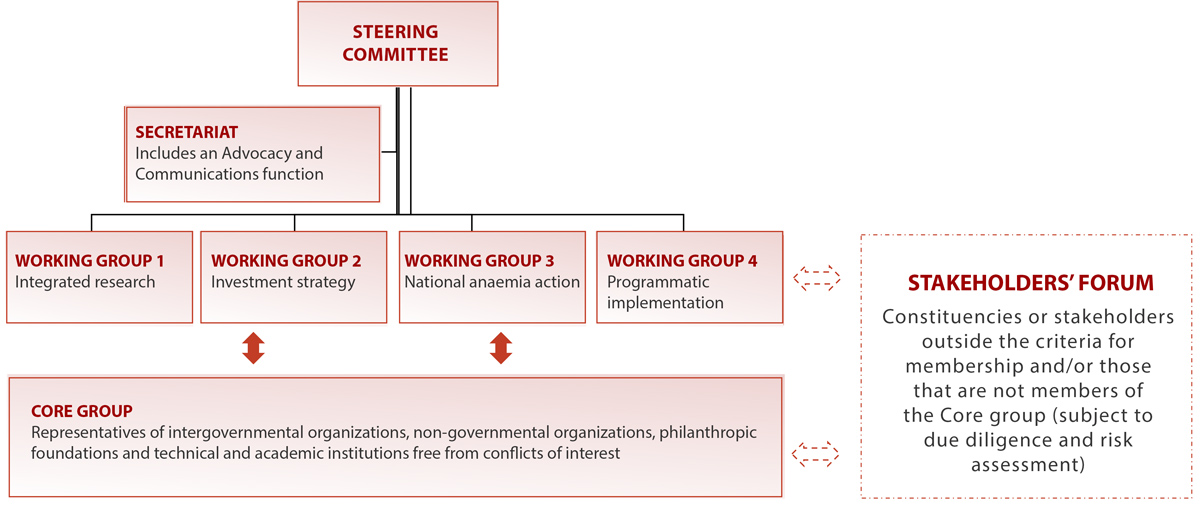
Steering committee
The Steering Committee consists of members from intergovernmental organizations, government technical institutions, and eligible non-State actors (i.e. nongovernmental organizations, philanthropic foundations, and academic institutions). These institutions represent the multiple sectors that have a role in the prevention and management of anaemia.
Secretariat
Working groups
Four Working groups have been established, based on the Alliance workstreams, to bring together Core group members with similar interests and expertise, to share information and collectively work on specific activities that align with the Alliance’s overall mission and objectives.
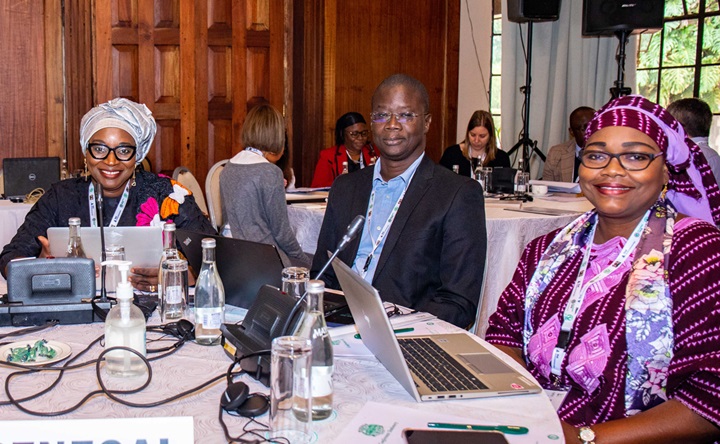
Core group
The Alliance comprises of diverse partners. The following organizations provide essential expertise in the development and production of interventions for the prevention and management of anaemia.
The Alliance welcomes new participants to collaborate effectively and expand its impact in reducing anaemia.




